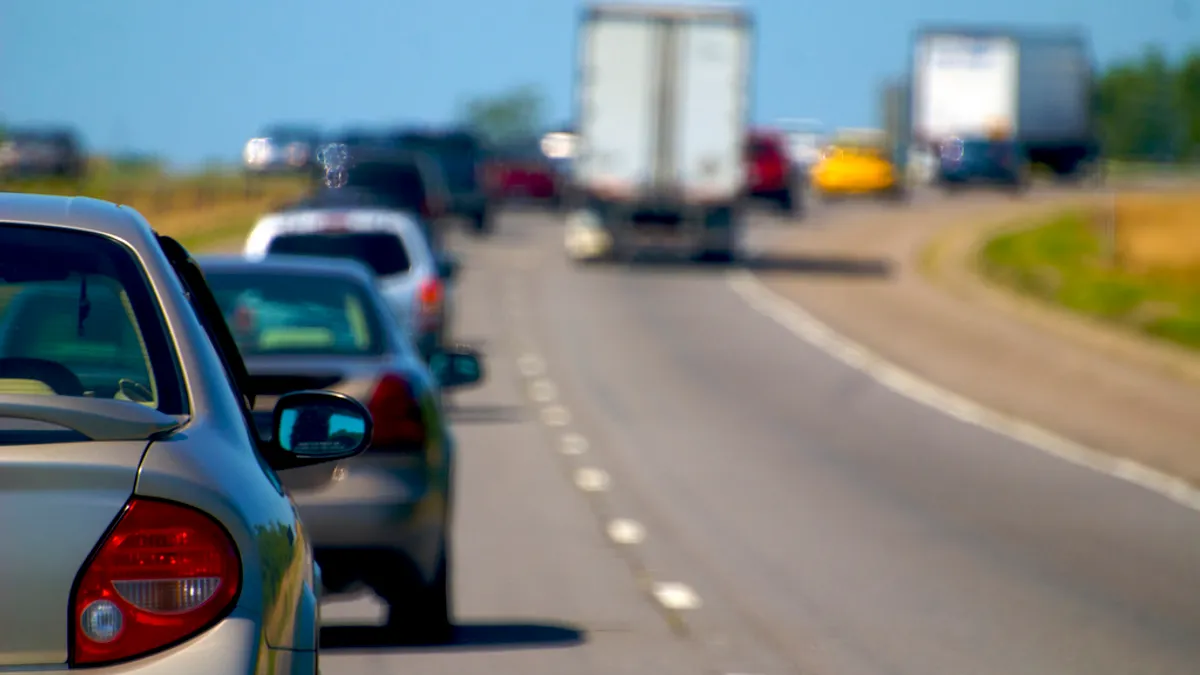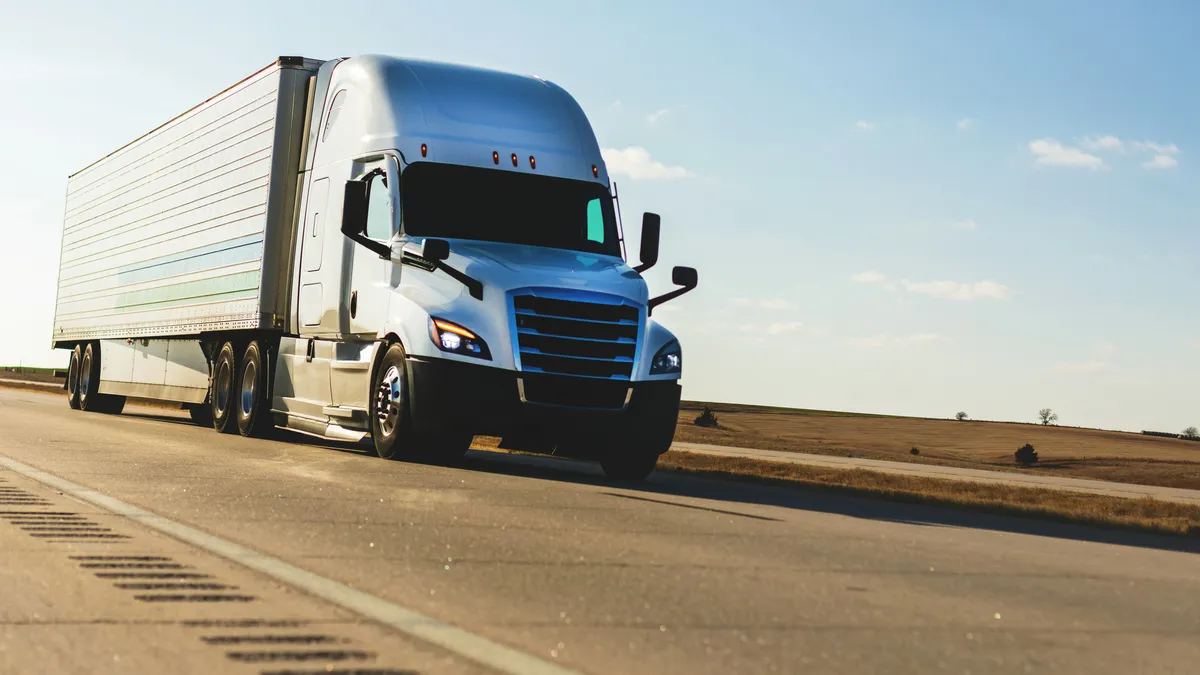A proposal for a tax on vehicle miles traveled, from one of the leaders of the Republican Senate minority, has thrown trucking into a tizzy. The industry is now voicing concerns about the impact, particularly on small fleets and owner-operators.
U.S. Sen. John Cornyn, a Republican from Texas, said heavy trucks could make up for dwindling revenues coming into the Highway Trust Fund. The cost? Twenty-five cents per mile.
A truck-specific VMT would undercut fleets large and small, critics charged. It would burden an industry already shouldering most of the costs of the fuel tax, the American Trucking Associations and the Owner-Operator Independent Drivers Association said in a rare joint letter to the Senate Finance Committee. Plus, the trucking industry pays almost half the tax revenues that go into the trust fund, they said.
"A typical 5-axle truck pays $4,454 in annual federal diesel and heavy-vehicle use taxes alone, whereas a car pays $93 in annual federal gas taxes on average," the letter reads. "In other words, trucks already pay 48 times more in federal highway user fees than do cars — on top of the other roadway taxes, business taxes, and income taxes that motor carriers pay."
Critics of a truck-only VMT say the 25-cent-per-mile tax would be especially hard on smaller fleets, which operate on the margins of profitability. According to the ATA, 91% of fleets have six trucks or fewer, and 97% have 20 or fewer trucks.
Cornyn's home state newspapers took notice of the growing controversy and spoke to some truck companies. The 25-cent proposal was at top of the list of concerns.
"That number is absolutely huge. ... I would be forced to sell or close the doors, no question,” said Jonathan Kennemer, president and CEO of CKJ Transport, speaking to the Dallas Morning News.
The Texas Trucking Association also opposed the VMT proposal, noting that a truck that travels 100,000 miles annually would pay $25,000 in taxes each year — "almost half the average salary for a truck driver," it said.
OOIDA, the network of independent drivers, bashed the proposal and wondered why the fuel tax wasn't being eyed. The tax on diesel and gasoline has not been raised since 1993.
"Truckers are not rolling piggy banks," said Norita Taylor, OOIDA spokesperson, in an email. "After a year of working throughout the pandemic to keep critical supplies moving, it is frustrating that anyone would single out truckers to address the funding shortfalls created by the bad decisions of others. An increase in fuel tax would be an efficient means of raising funds, provided the dollars only go to roads and bridges."
Taylor said the truck-only VMT would also raise questions on how it would be implemented, while raising concerns about intrusiveness.
The ATA accused Cornyn of proposing the tax without consulting with the industry. Cornyn said trucks cause six times the damage to roads as cars do, but the ATA-OOIDA letter disputed the study, noting it was done 60 years ago.
Cornyn's office was contacted by Transport Dive, but neither the senator nor his staff returned a message.
The ATA, in a statement emailed to Transport Dive, said the impact will also go beyond smaller fleets, and will impact the economy.
"This will have disastrous consequences for our economy, bankrupting small-business truckers and killing good-paying trucking jobs across the county while hitting consumers hard with higher prices for gas, food, medicine, and everything else they use and depend on their daily lives," ATA officials said. "If lawmakers are looking to throw a wrench in our recovery at the worst possible moment, then the proposal Sen. Cornyn floated would do just that."












